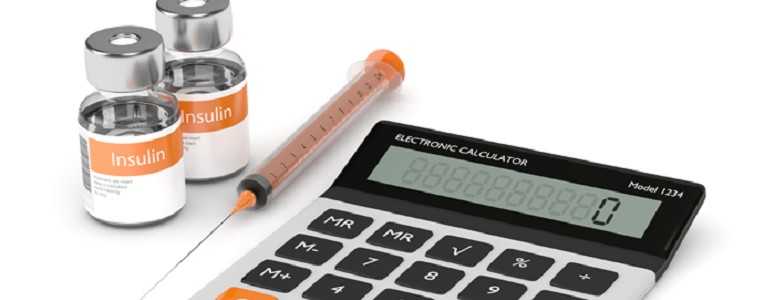Type 1 diabetes is just as prevalent in adults as it is in children despite it being known as a childhood disease, research shows.
A study led by Exeter scientists reveals more than 40 per cent of all type 1 diabetes cases occur after the age of 30, but the condition is often misdiagnosed as type 2 diabetes instead.
Dr Richard Oram, a senior lecturer at the University of Exeter and consultant physician, said the findings disprove what doctors have always believed about type 1 diabetes.
“Diabetes textbooks for doctors say that type 1 diabetes is a childhood illness,” he said. “But our study shows that it is prevalent throughout life. Follow-up analysis has actually revealed that 50 per cent of those people who we identified as having type 1 diabetes in later life were initially diagnosed as type 2 diabetes. This highlights that type 1 diabetes is often not considered as a diagnosis in adults.”
The research was based on a review of 500,000 people aged 40-69, all of whom lived in England, with information taken from the UK Biobank. Their blood, urine and saliva samples were examined, and their health was followed over a 60-year period.
“What was really surprising in our research is that nearly 50% of type 1 diabetes cases occurred in adulthood and over 40% occurred after the age of 30,” added Dr Oram. “Although type 1 occurs with the same frequency in adults and children, it can sometimes be hidden in adulthood by the sheer number of type 2 cases.”
Previous research has shown that those people who had been wrongly diagnosed with type 2 diabetes were only given insulin a year after their misdiagnosis, which could have had serious implications on their health. Prime Minister Theresa May is among those whose type 1 diabetes was misdiagnosed as type 2 diabetes in her 50s.
Professor Andrew Hattersley, professor of molecular medicine at the University of Exeter and consultant diabetologist at the Royal Devon and Exeter NHS Foundation Trust, said: “Failure to recognise that the diabetes is type 1 rather than type 2 and give appropriate insulin treatment can be dangerous. Type 1 diabetes should be considered for any patient who is rapidly failing to respond to increasing doses of tablets especially if they are slim.”
The study has been published in the Lancet Diabetes and Endocrinology journal.
What's new on the forum? ⭐️
Get our free newsletters
Stay up to date with the latest news, research and breakthroughs.






